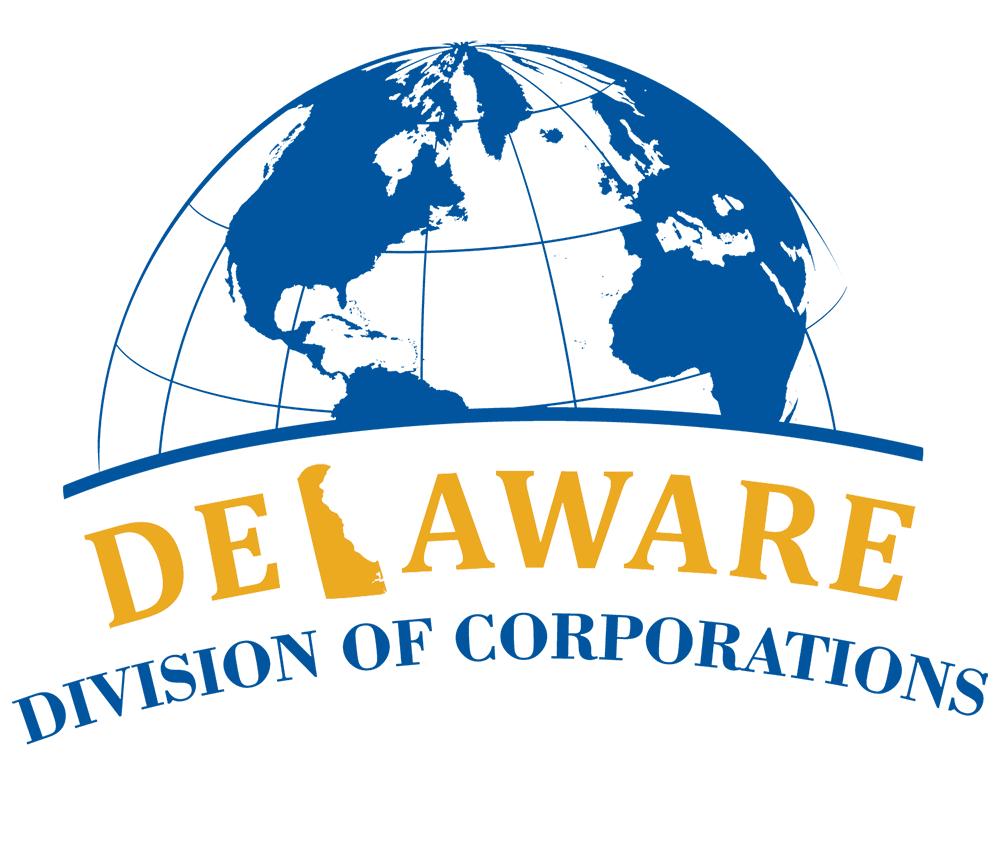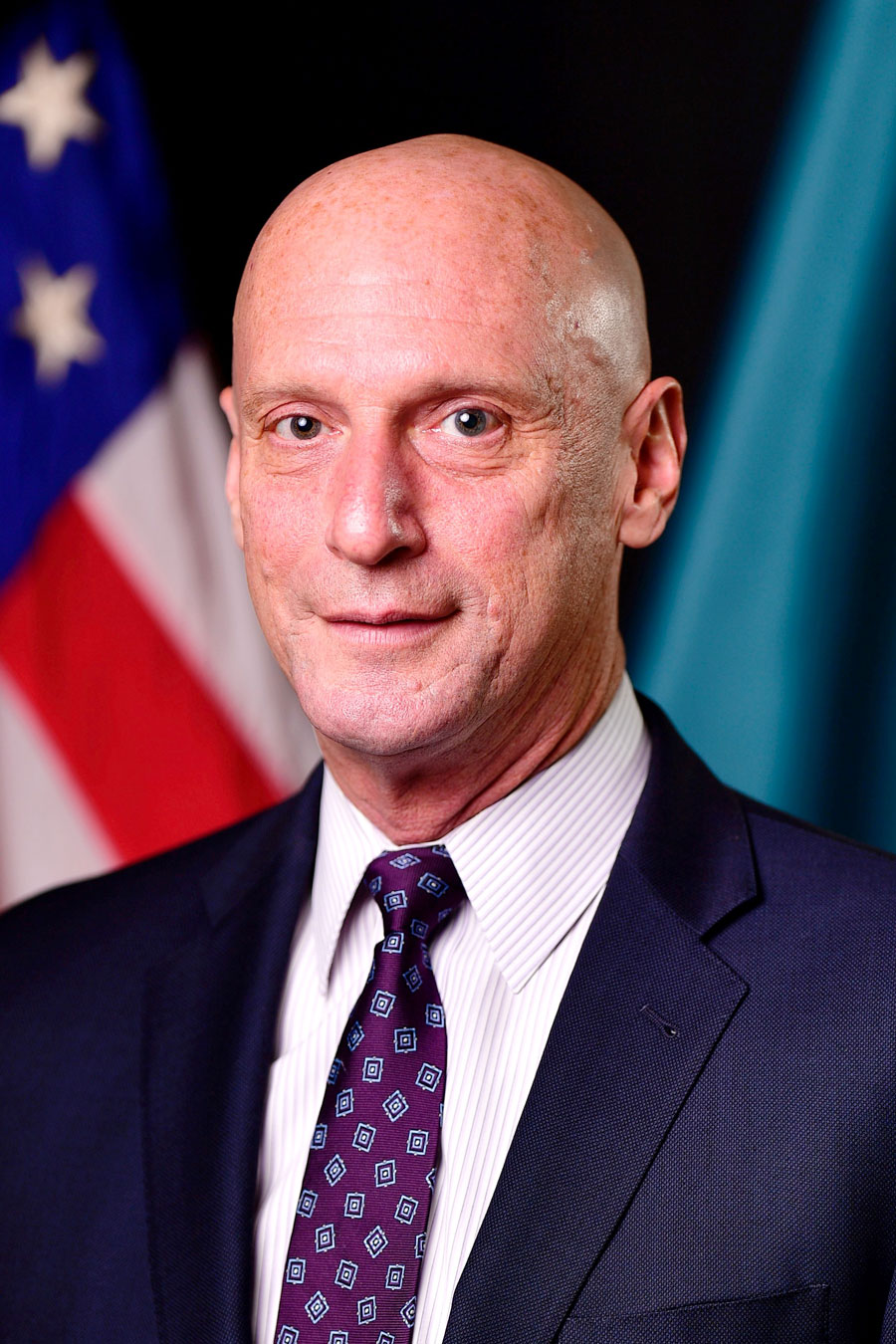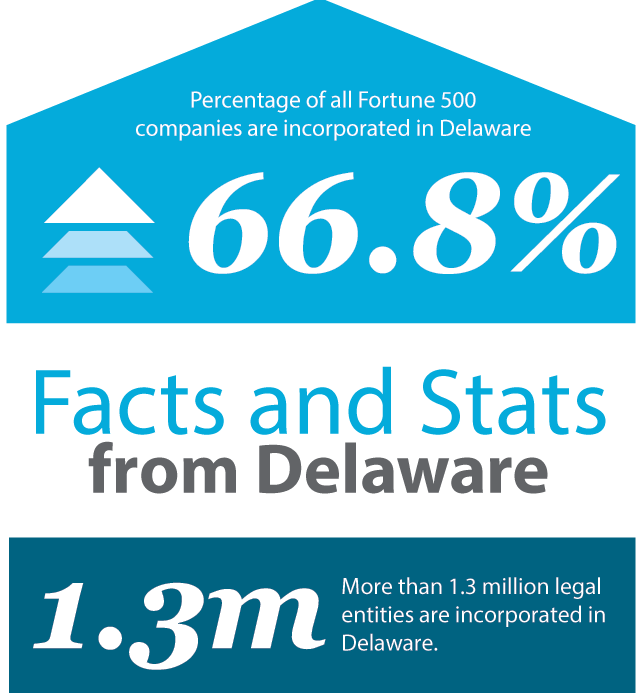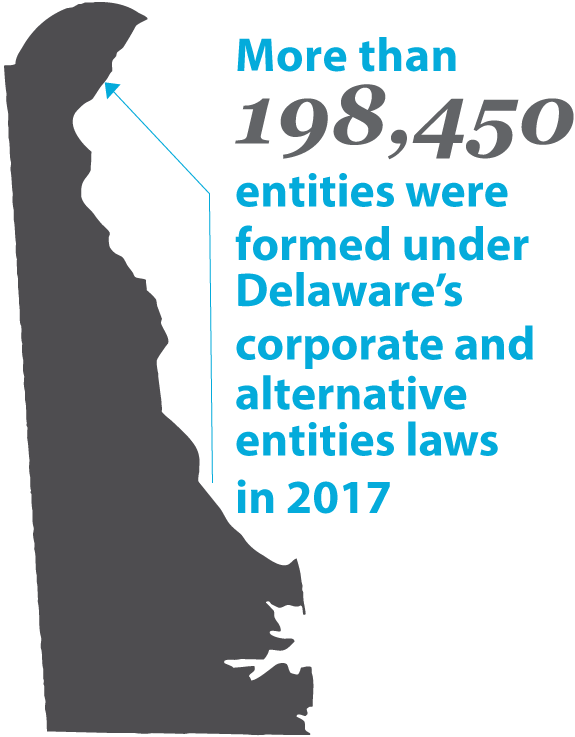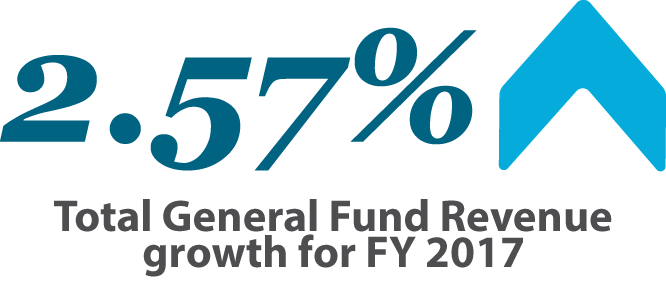Last year proved to be another period of strong growth for Delaware’s franchise, with formations continuing to trend upward in nearly every category. More than two thirds of the Fortune 500 continue to call Delaware their corporate home, along with four out of every five new companies that go public in the United States.
Once again, the team of professionals in our Division of Corporations proved their ability to handle the growing volume of filings and formations without sacrificing speed, efficiency or customer service. I’m proud to say the Division has been recertified as ISO 9001-2008 compliant, the gold standard for organizations that fulfill complex business servicing needs. As an example of the Division’s commitment to continuous improvement, last year it launched a new exit survey function as part of its online service application that allows customers to provide real-time feedback and enables us to ensure we are meeting their needs.
On the legislative side, this year saw updates to Delaware’s foreign corporation statute in preparation for the online filing of annual franchise tax reports for foreign corporations, as well changes to the structure of the franchise tax itself. A new “Large Corporate Filer” tier was established that now applies to public companies with at least $750 million in revenues or assets and no less than $250 million in revenues or assets. A new maximum franchise tax payment associated with the new tier was projected to generate approximately $115 million in revenue for FY 2018.
Looking ahead, we’re excited to report that Delaware’s world-leading embrace of blockchain technology is about to jump to an historic new level.
The stage was set last year with the passage of legislation that opened the door for Delaware companies to manage their corporate governance using blockchain technology. Next, the Department of State gathered together a group of leaders in the fields of fintech, business services and corporate law to nail down the best ways to start adopting blockchain technology in state government. Now, those ideas are turning into real-world projects that will lead the way as other states, even other countries, and companies to continue to explore this emerging technology.
Starting this year, the Department of State will launch two pilot programs that will harness the power of distributed ledgers to help Delaware companies run more efficiently and transact business faster and free from costly errors.
The first new project will offer a subset of Delaware business entities the opportunity to manage their shares on an official state-hosted blockchain, tracking issuances and transfers in real time with total security. A companion pilot will use that same blockchain to record UCC financing statements, taking a document-heavy and labor-intensive process and making it instantly accurate and immutable. As we prepare for new innovations to come, we can look back on the previous year and be proud of the growth we’ve experienced, the excellent service we continue to offer, and the overall good health of Delaware’s corporate franchise.
